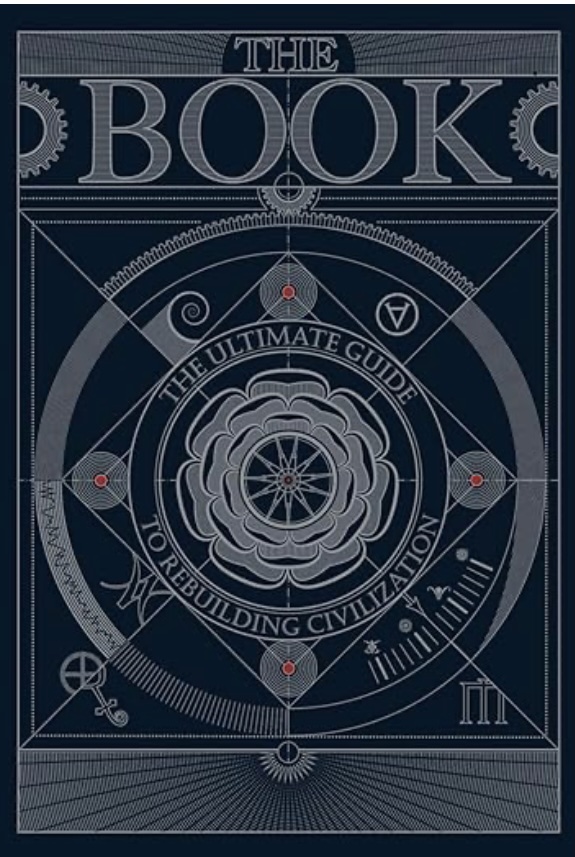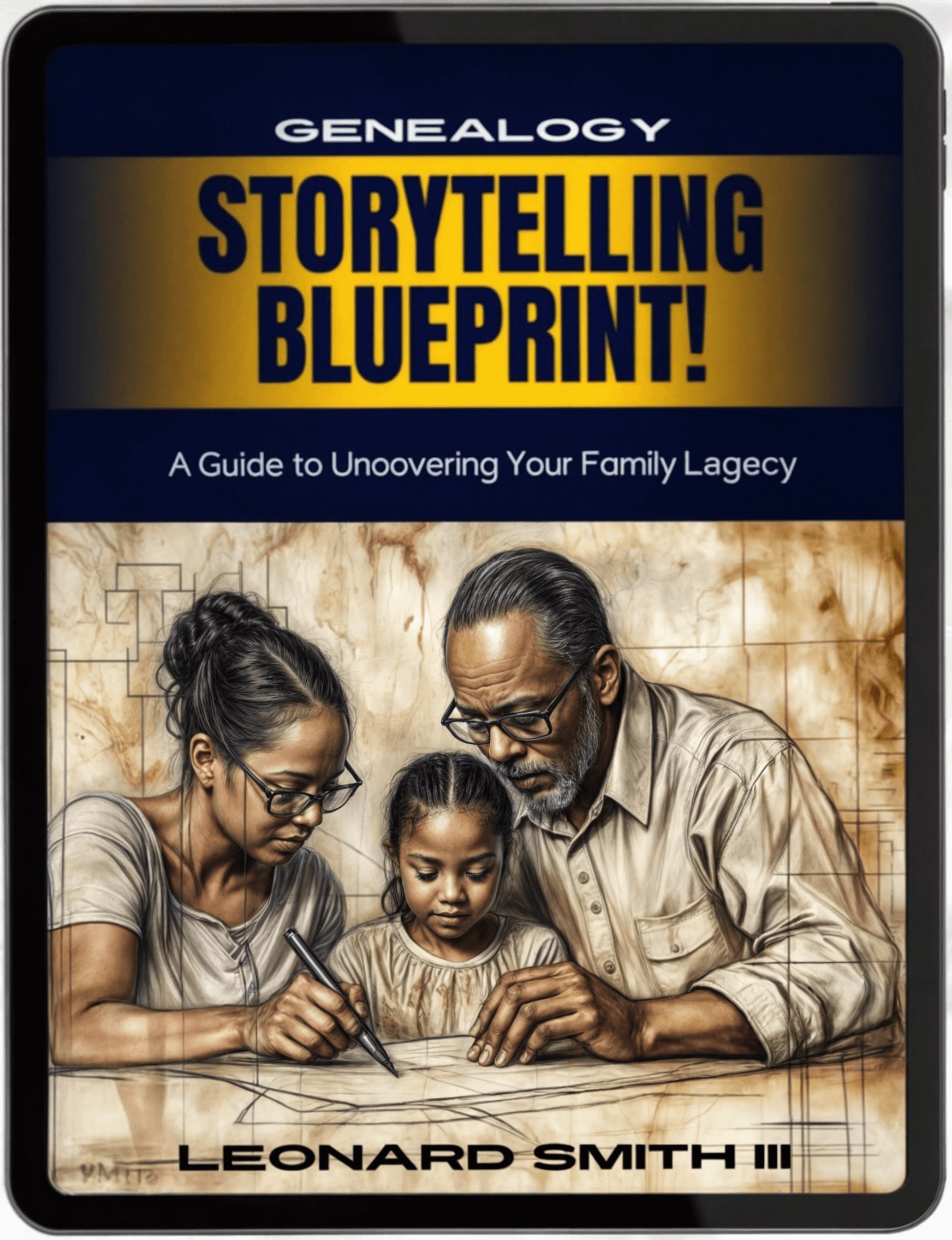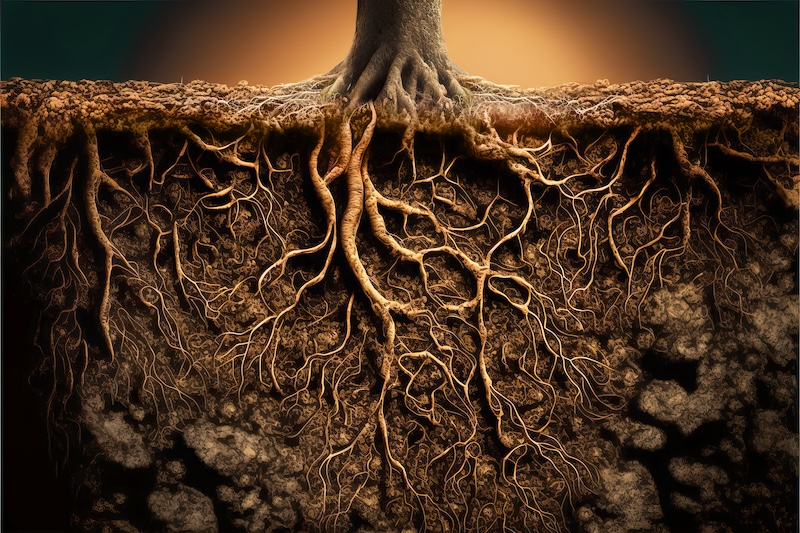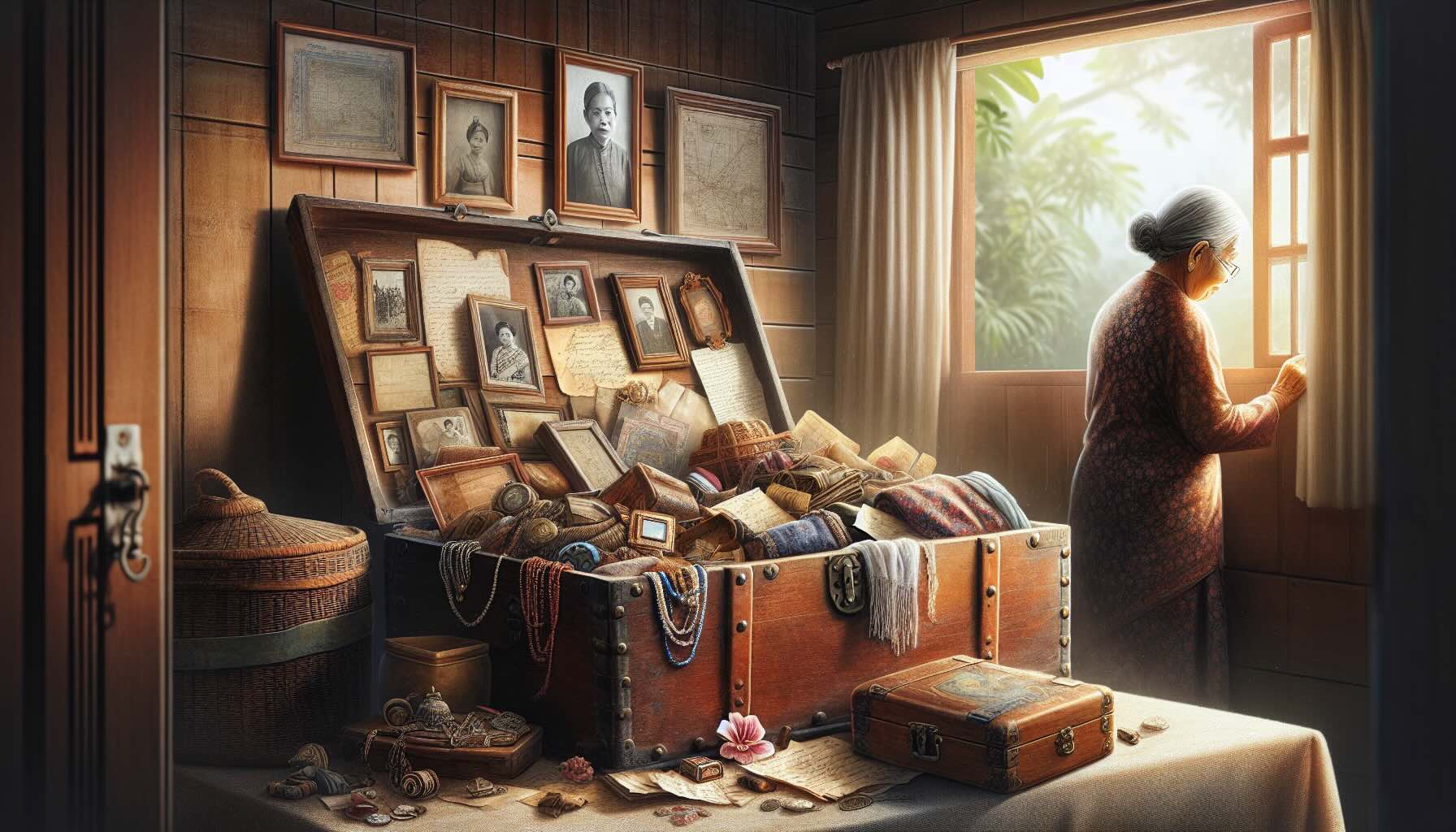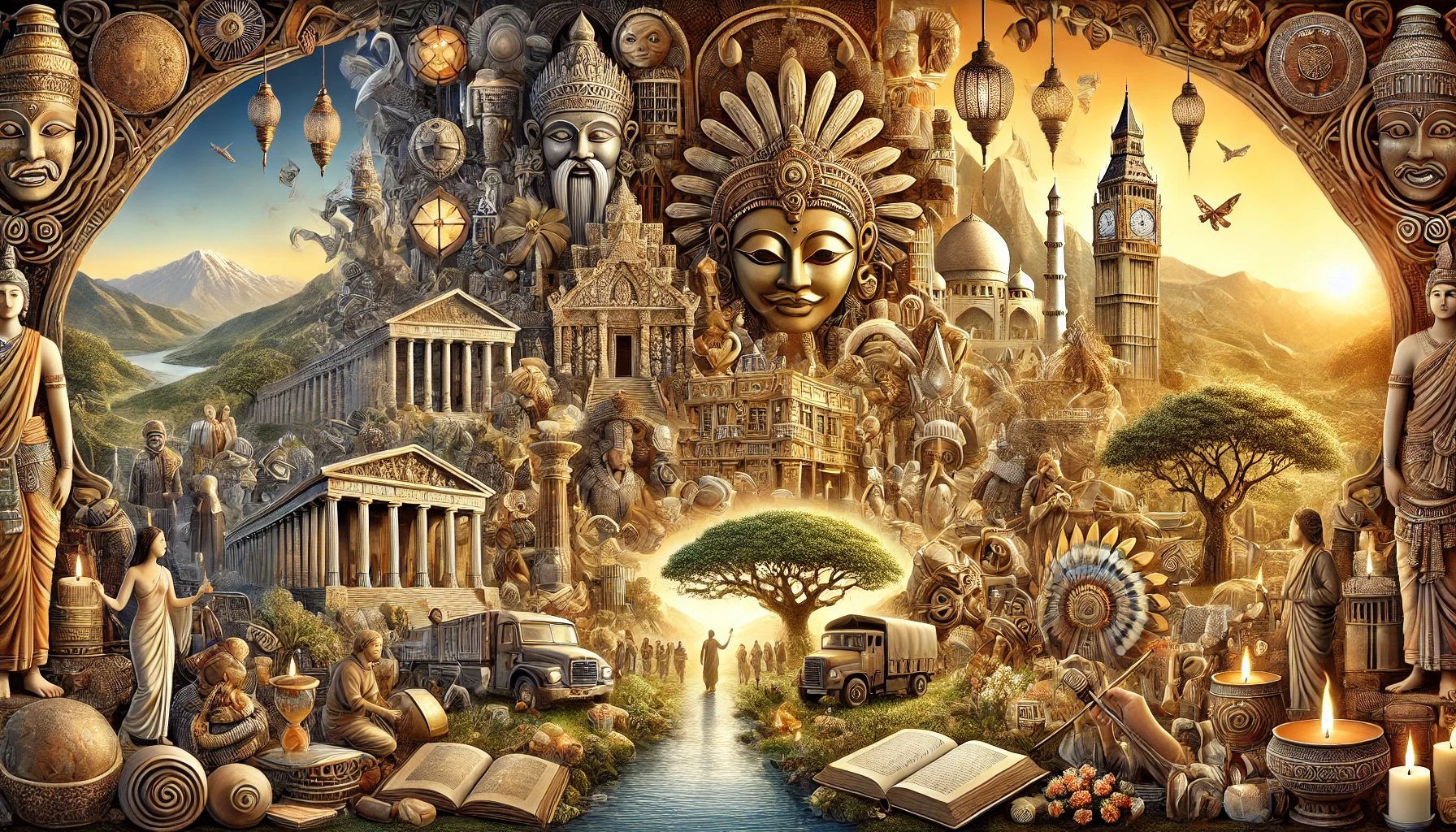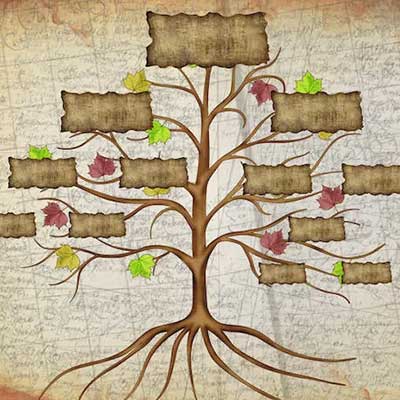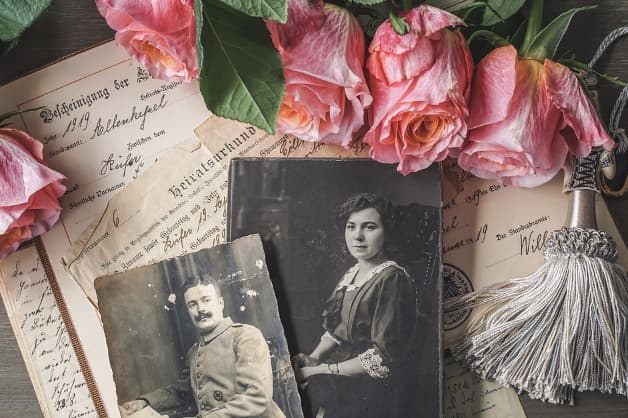- Home
- African American Stories
African American Stories
Discover the captivating narratives of African American stories, exploring history, culture, and identity. These stories offer a unique perspective on the African American experience, from oral traditions to modern literature. Gain a deeper understanding of the community that has shaped society.
Have you ever wondered about African American stories' rich and diverse tapestry? This article will explore the captivating narratives that have shaped the African American experience. From the struggles of the past to the triumphs of the present, these stories offer a unique and important perspective on history, culture, and identity. Through the power of storytelling, we can gain a deeper understanding of the African American community and the impact they have had on society. So, please grab a cup of coffee, settle in, and let us take you on a journey to discover the fascinating world of African American stories.
History of African Americans Stories
Early African American Oral Tradition
The history of African American stories can be traced back to early oral tradition. Before the written word was accessible to enslaved African Americans, stories were passed down orally from generation to generation. These stories served as a means of preserving cultural heritage, instilling values, and providing a sense of identity. Through storytelling, Africans in America could maintain a connection to their roots and find solace in difficult times.
Slaves Narratives
During the era of slavery, many Africans who were held captive in America took it upon themselves to share their experiences through written narratives. These slave narratives, such as "Narrative of the Life of Frederick Douglass" and "Incidents in the Life of a Slave Girl" by Harriet Jacobs, played a crucial role in exposing the harsh realities of slavery and advocating for its abolition. These personal accounts provided a voice to those silenced and allowed readers to gain insight into African Americans living in bondage.
The Harlem Renaissance
The Harlem Renaissance, a cultural and intellectual movement in the 1920s and 1930s, marked a significant period in African American storytelling. During this time, African American writers and artists flourished in Harlem, New York, creating a vibrant literary scene. Authors like Zora Neale Hurston, Langston Hughes, and Claude McKay emerged as prominent voices, using their stories to explore themes of racial pride, identity, and the African American experience. Their works showcased the richness and diversity of African American culture and contributed to a broader understanding of race and society.
The Civil Rights Movement
The Civil Rights Movement of the 1950s and 1960s brought about a significant shift in African American storytelling. As African Americans fought for their rights and equality, storytelling became a powerful tool for social activism and raising awareness. Activists like James Baldwin and Maya Angelou used their writings to challenge systemic racism, inequality, and segregation. Their stories captured the struggles and resilience of African Americans during this tumultuous period, inspiring people to join the fight for justice and equality.
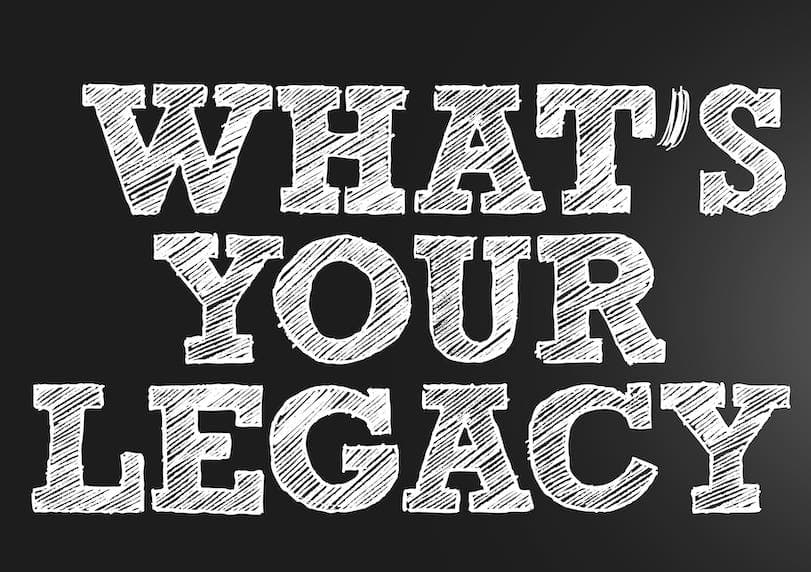
Themes in African American Stories
Identity and Self-Discovery
Identity and self-discovery are recurring themes in African American stories. Through various narratives, African Americans explore their individual and collective identities, often grappling with questions of race, heritage, and cultural belonging. The stories illuminate the complexities of navigating the world as a person of African descent, as characters search for their place within society and strive to define themselves on their own terms.
Racial Inequality and Injustice
African American stories consistently address the issue of racial inequality and injustice. These narratives shine a light on the deep-rooted systems of oppression faced by African Americans throughout history. They depict the harsh realities of discrimination, segregation, and violence, challenging readers to confront the inequities present in society and work towards a more just and inclusive future. By sharing these stories, African American storytellers have played a crucial role in raising awareness and advocating for change.
Family and Community
Family and community are integral to African American stories. Despite their challenges, these narratives often emphasize the strength, love, and resilience within African American families and communities. African American storytellers celebrate the bonds formed within these circles, highlighting the importance of support, kinship, and heritage. These stories portray African American families and communities as sources of strength, unity, and cultural preservation.
Resilience and Empowerment
Resilience and empowerment are themes that emerge from African American stories. These narratives depict the struggles and adversities faced by African Americans throughout history while also showcasing their resilience, determination, and ability to overcome obstacles. African American storytellers have used their stories to inspire and empower readers, reminding them of the strength that can be found within themselves and their communities.
Prominent African American Storytellers
Zora Neale Hurston
Zora Neale Hurston was a prominent African American writer and anthropologist who contributed greatly to African American storytelling. Her novel "Their Eyes Were Watching God" is considered a classic of African American literature. Hurston's stories often captured the experiences and voices of African American women, exploring themes of love, identity, and the power dynamics within society. Her work remains influential and continues to resonate with readers today.
Langston Hughes
Langston Hughes was a renowned poet and writer during the Harlem Renaissance. His poetry, such as "The Weary Blues" and "Harlem," captured the spirit and experiences of African Americans during this pivotal time in history. Hughes used his words to express both the joy and pain of being black in America, confronting racial inequality and celebrating African American culture. His contributions to African American literature cemented his place as one of the most influential voices of his time.
Toni Morrison
Toni Morrison, a Nobel Laureate and Pulitzer Prize-winning author, left an indelible mark on African American storytelling. Her novels, including "Beloved," "Song of Solomon," and "The Bluest Eye," explore the depths of the African American experience, examining themes of identity, trauma, and the legacies of slavery. Morrison's lyrical prose and nuanced storytelling captured the hearts and minds of readers worldwide, making her an icon of African American literature and a powerful advocate for marginalized voices.
Maya Angelou
Maya Angelou, a poet, memoirist, and civil rights activist, used her words to inspire and empower African Americans. Her memoir, "I Know Why the Caged Bird Sings," is a powerful testament to her resilience and the indomitable spirit of African Americans. Angelou's poetry, such as "Still I Rise" and "Phenomenal Woman," continues to resonate with readers, celebrating African American women's strength, beauty, and power. Through her storytelling, Angelou became a source of inspiration and a voice for generations of African Americans.
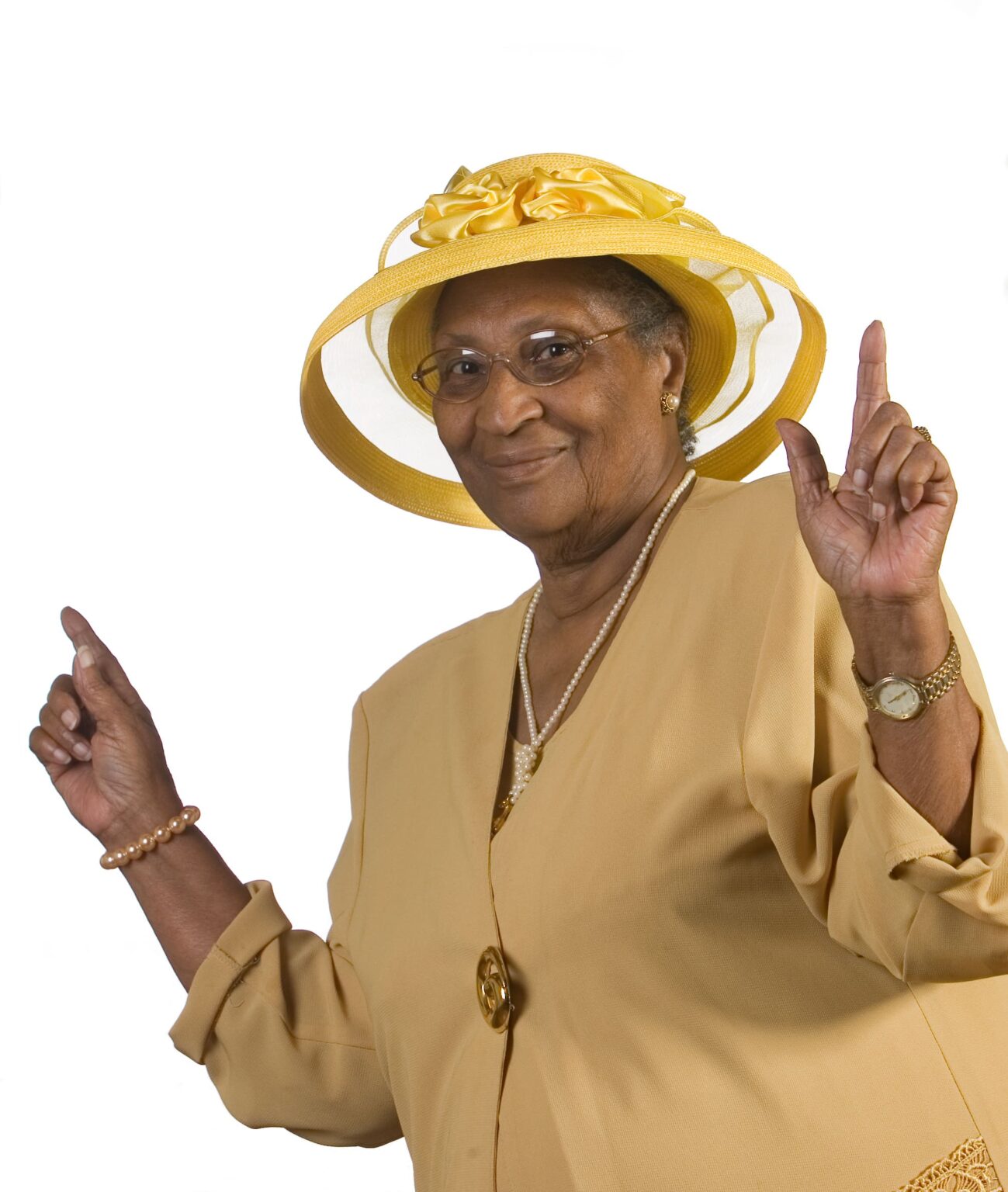
African American Folklore and Folktales
Legends and Myths
African American folklore is rich with legends and myths passed down through generations. These stories often combine elements of African mythology, spirituality, and oral traditions with the realities of African American life. Legends and myths, such as the story of John Henry, the steel-driving man, and the legend of the Flying African, reflect the resilience, strength, and supernatural elements in African American storytelling.
Anansi the Spider
Anansi the Spider is a prominent figure in African American folklore. As a trickster character in West African folklore, Anansi has been adapted into African American folklore, often depicted as a cunning and mischievous spider. Anansi stories teach moral lessons, entertain, and provide a sense of cultural identity for African American communities.
Brer Rabbit
Brer Rabbit is another beloved character in African American folklore. Originating from West African folktales, Brer Rabbit tales were brought to America during slavery. These stories depict Brer Rabbit's cleverness and wit in outsmarting predators such as Brer Fox and Brer Bear. Brer Rabbit stories served as a source of entertainment but also carried hidden messages of resistance and overcoming adversity for enslaved African Americans.
Hoodoo and Conjure
Hoodoo and conjure are practices deeply rooted in African American folklore and spirituality. These traditions incorporate elements of African spiritual beliefs, folk medicine, and magic. Hoodoo and conjure stories often revolve around characters who possess supernatural abilities, using their powers to heal, protect, or seek revenge. These tales provide insight into the cultural practices and beliefs preserved within African American communities.

The article delves into the rich tapestry of African American stories, exploring their historical, cultural, and thematic dimensions. It begins by inviting readers to immerse themselves in these captivating narratives that offer unique perspectives on the African American experience.
Historical Context
1. Early Oral Traditions: Before literacy was widespread, enslaved Africans in America passed down stories orally to preserve culture and identity.
2. Slave Narratives: Written accounts from enslaved individuals like Frederick Douglass and Harriet Jacobs played a crucial role in exposing the harsh realities of slavery.
3. Harlem Renaissance: This period saw a flourishing of African American writers like Zora Neale Hurston and Langston Hughes, who explored themes of racial pride and identity.
4. Civil Rights Movement: Storytelling became a tool for activism, with figures like James Baldwin and Maya Angelou challenging systemic racism through their works.
Thematic Exploration
1. Identity and Self-Discovery: African American stories often explore individual and collective identities, grappling with questions of race and cultural belonging.
2. Racial Inequality and Injustice: These narratives shed light on systemic oppression, urging readers to confront societal inequities.
3. Family and Community: Stories emphasize the strength and resilience within African American families and communities.
4. Resilience and Empowerment: Narratives depict the struggles and triumphs of African Americans, inspiring readers to find strength within themselves.
Prominent Storytellers
1. Zora Neale Hurston: Known for her novel "Their Eyes Were Watching God," Hurston explored the experiences of African American women.
2. Langston Hughes: A key figure in the Harlem Renaissance, Hughes used his poetry to confront racial inequality.
3. Toni Morrison: A Nobel Laureate, Morrison's works like "Beloved" delve deep into the African American experience.
4. Maya Angelou: Her memoir "I Know Why the Caged Bird Sings" is a testament to resilience and the indomitable spirit of African Americans.
Folklore and Folktales
1. Legends and Myths: Stories like John Henry and the Flying African reflect resilience and strength.
2. Anansi the Spider: A trickster character that teaches moral lessons and provides a sense of cultural identity.
3. Brer Rabbit: Originating from West African folktales, these stories served as entertainment and carried hidden messages of resistance.
4. Hoodoo and Conjure: These practices and stories offer insight into African American spirituality and beliefs.
The article serves as a comprehensive guide to understanding the multifaceted world of African American stories, emphasizing their importance in shaping society and culture.
